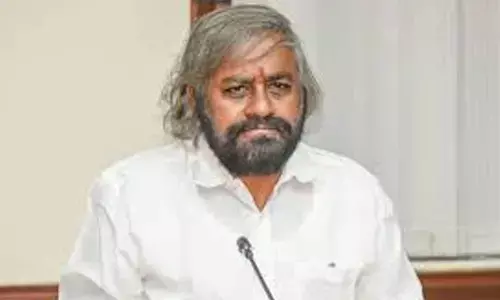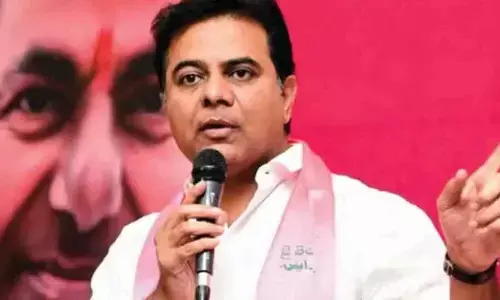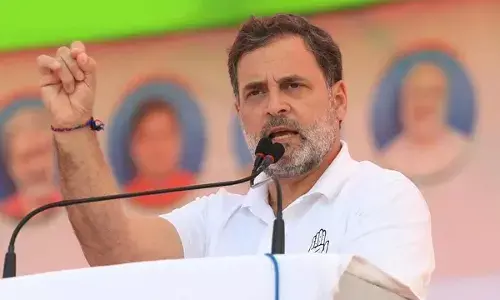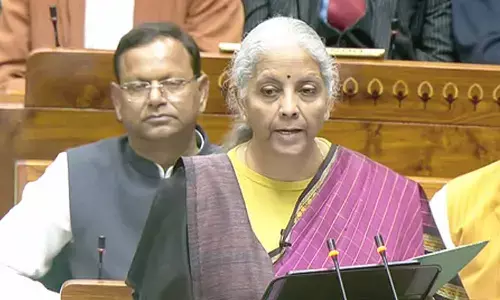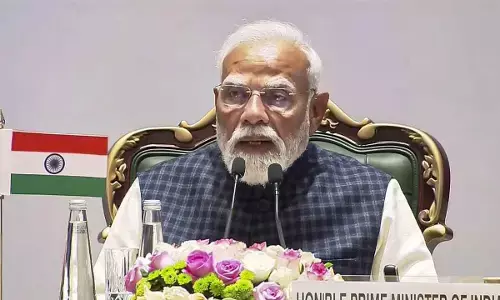Egypt tourism in bad shape, hopes for post-poll relief

Egypt Tourism in Bad Shape, Hopes for Post-poll Relief, A walk around the streets of the Egyptiian capital around 2 a.m. on a Saturday, the second day of the Egyptian national weekend,
.jpg) A walk around the streets of the Egyptiian capital around 2 a.m. on a Saturday, the second day of the Egyptian national weekend, showed shisha cafes, bars and restaurants bustling with activity. In Alexandria, on the Mediterranean coast, the streetside kerbs remain busy with people chatting over cups of mint tea and coffee late into the night.
A walk around the streets of the Egyptiian capital around 2 a.m. on a Saturday, the second day of the Egyptian national weekend, showed shisha cafes, bars and restaurants bustling with activity. In Alexandria, on the Mediterranean coast, the streetside kerbs remain busy with people chatting over cups of mint tea and coffee late into the night.
On the surface, Egypt looks calm after the storms. But Egypt's tourism industry, badly hit by two successive bloody revolutions within the space of three years, is slowly recovering and is hoping for some relief after the fresh presidential election scheduled for the last week of May.
"After the two revolutions, tourists have stopped coming to Egypt," Osama Ibrahim, associate professor of tourism guidance at the Faculty of Tourism and Hotels in Fayoum University, told this visiting IANS correspondent.
"Earlier, up to around 14 million people used to come to Egypt in a year," he said.
According to official data, the number of tourists visiting Egypt in the first two months of 2014 dropped by 28 percent to 1.3 million in comparison to January and February last year.
Otherwise a key contributor to the north African nation's GDP, the sector was battered by the January 2011 revolution that saw the end of the over 29-year rule of president Hosni Mubarak and the 2013 revolution that saw the ouster of Mohamed Morsi, the country's first democratically elected president.
Noting that Egyptian tourism was first badly hit after the massacre of 62 people, mainly tourists, in the south central Egyptian tourist town of Luxor in 1997 by an Islamist organisation, Ibrahim said that "now a different kind of terrorism is taking place in the country that is putting people off".
According to Ibrahim, around 15 million people directly under the country's tourism sector have been affected by the drop in tourist arrivals.
"Many such people are looking for jobs elsewhere. Some people have stopped sending their children to private schools. New graduates are not getting jobs," he said.
Sam, a tourist guide in Luxor that is famous for the Karnak temple complex, the biggest temple complex built in the history of human civilisation, concurred.
"Our economy has been devastated by the two revolutions. Whereas we used to have 1,200-1,500 people coming here daily, nowadays we hardly get 400-500 visitors and that too on weekends," he said.
"I am not saying I was rich but I was blood rich. Now everything is gone. However, I am luckier than many others in the sense that I am not dead yet."
Ahmed, a taxi driver in Luxor, too lamented the troubled times the town was going through.
"Our taxi service used to do brisk business earlier because of the high inflow of tourists. But nowadays we can hardly make ends meet," he told IANS.
In Hurghada, a Red Sea resort town that is home to around 145 resorts and hotels, similar sentiments were voiced by those in the tourism business.
"After the first revolution (in 2011), we had low occupancy for around two weeks," Hamada Mohamed, who works in the Jungle Aqua Park Resort, famous for its 32 swimming pools in a single complex, said.
"But after the second revolution, we had a major crisis," he added.
Germans constitute around 60 percent of tourists coming to Hurghada, and the rest are mostly from Russia, Poland and England.
However, Mohamed is hopeful now that the fresh presidential election has been scheduled for May.
"We hope that the scenario will change after the presidential election is held," he said.
"What we want are the Chinese and Indian markets. Indians only come for the pyramids and Nile cruise. They must come to Hurghada."
Next month's presidential election has only two candidates - former military chief Abdel Fateh Sisi, the man who carried out the coup that led to the ouster of Morsi last year, and leftist politician Hamdeen Sabahi - and political observers here are predicting an easy win for Sisi.
Indeed, after the announcement of the new election, the mass protests that symbolised the 2011 Arab Spring seem to have come down markedly with people apparently resuming normal life.
From his eighth-floor hotel room in downtown Cairo, this IANS correspondent could see busy traffic late into the night with a local McDonald's delivery boys coming and going on their two-wheelers.
"We hope, after the election, people will start coming to Egypt," Ibrahim said.
"Tourism as it was will resume once the issues of security and safety are settled. This can happen only after the election," he added.
Next Story








